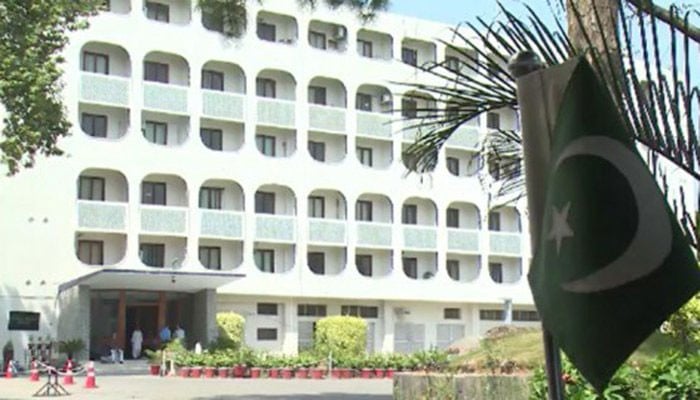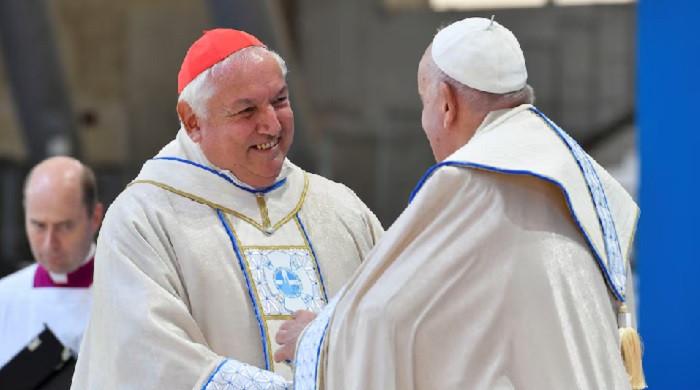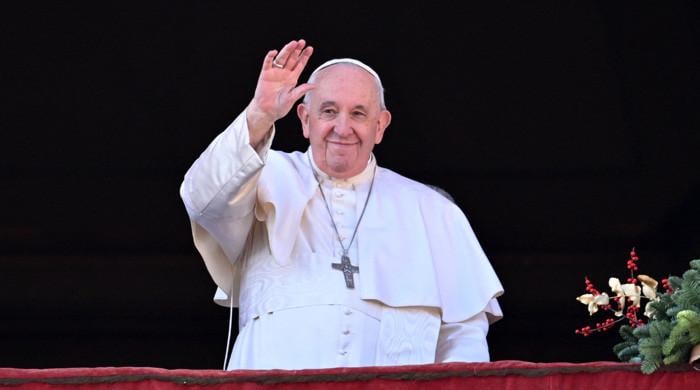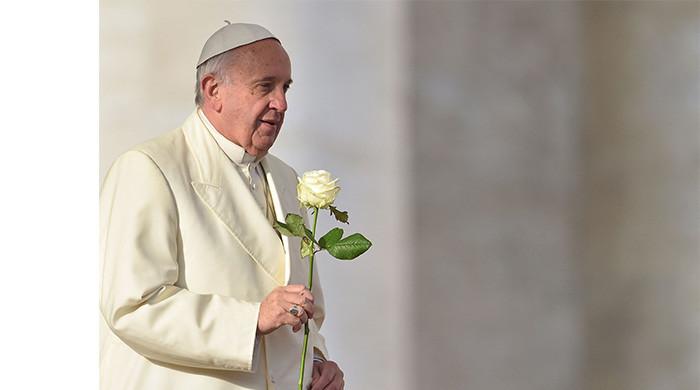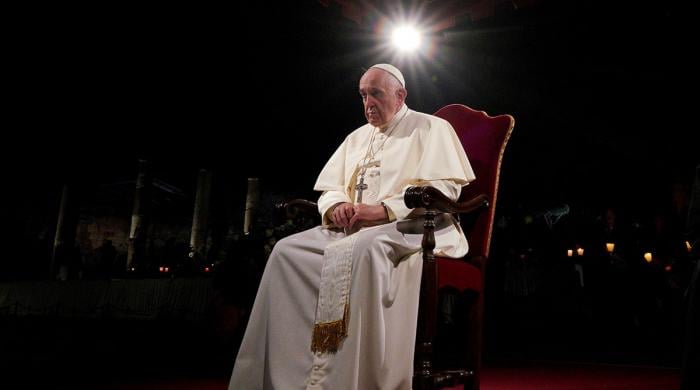US envoys being ‘treated badly’ in Pakistan, claims Pompeo
US Secretary of State Mike Pompeo says officials in Pakistan are not being treated well
May 24, 2018
US Secretary of State Mike Pompeo said Wednesday that the US officials in Pakistan are “not being treated well by the Pakistani government”.
While presenting his testimony before the US House Foreign Affairs Committee, Pompeo said: “My officers, our state department officers are being treated badly as well, folks working in the embassies and councils [and] in other places are not being treated well by the Pakistani government either.”
He remarked that this “real problem” that needs to be taken measure of.
With regards to the new South Asia strategy of the US, he said “we have been clear with Pakistan that ensuring reconciliation, peace, and security in Afghanistan in large part depends on Pakistan's willingness to crack down on terrorist safe havens and instigators of terrorist activity in its own country.”
Pompeo also shared that the US has released “far less funds in 2018” as compared to the previous year to Pakistan.
Speaking on the issue of Pakistani doctor Shakil Afridi, who had helped US authorities track down al-Qaeda founder Osama bin Laden, Pompeo remarked: “I worked diligently on the issue of Dr Afridi in my previous role…unsuccessfully, please know that it is in my heart and it is important and we can do that.”
Pompeo says US-North Korea summit 'up to Kim'
While referring to the planned summit between President Donald Trump and North Korea’s Kim Jong Un he said that it depends at this moment on the North Korean leader.
"He asked for the meeting, the president agreed to meet with him," Pompeo said. "I’m very hopeful that that meeting will take place."
US President Donald Trump warned Tuesday his landmark summit with Kim may be delayed, while insisting the North Korean leader was "serious" about denuclearization.
Pompeo would not predict whether a deal can be reached at the meeting, but said a "bad deal" is not an option.
He said the United States aims at "complete" denuclearisation by North Korea before it provides any support for the country´s economy, and that Washington wants that to happen quickly."The model that we have laid forth is a rapid denuclearization that will be total and complete," he said.
"We are not going to do trade for trade. We’re not going to let this drag out. We´re not going to provide economic relief until such time as we have an irreversible set of actions, not words, not commitments, undertaken by the North Korean regime," he said.
"When we get there, in exchange for that, we´re prepared to do a great deal to help the North Korean people."
Asked what he means by "complete", Pompeo said denuclearisation would encompass Pyongyang giving up its nuclear weapons capability, missile capability, and the technology behind those capabilities, including engines and systems associated with space launch vehicles.

